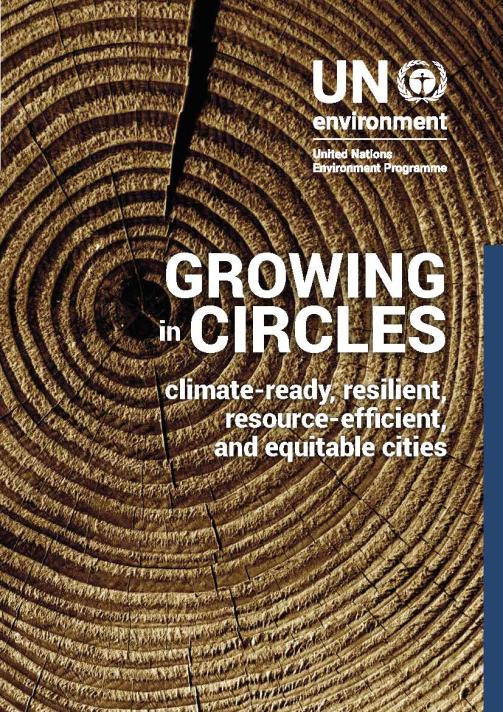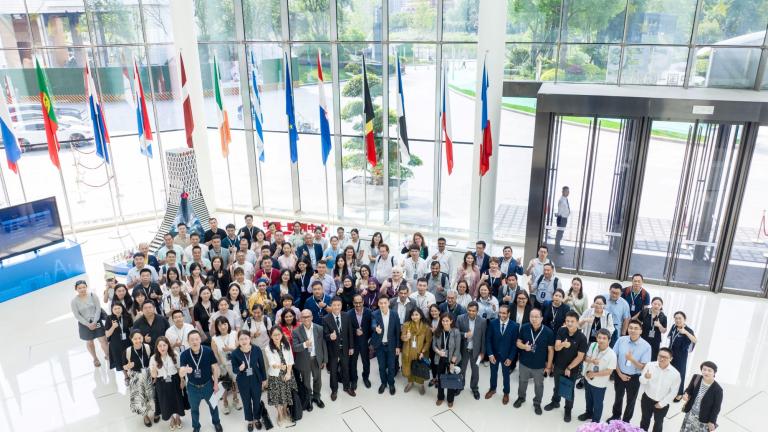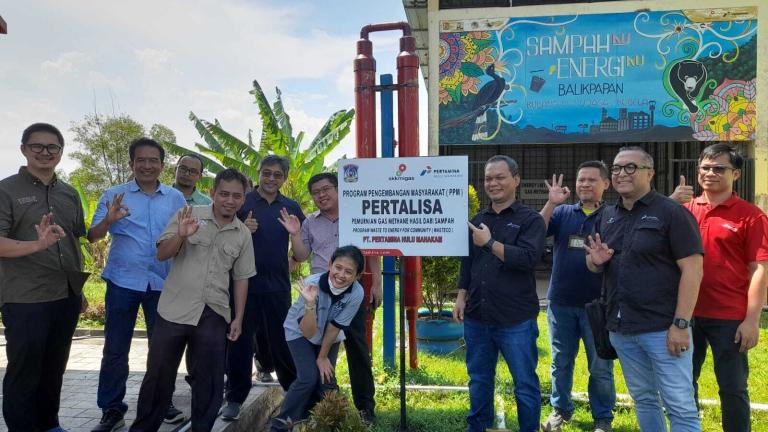Report

Growing in Circles
Climate-Ready, Resilient, Resource-Efficient, and Equitable Cities
This report identifies ways for cities to transition to a circular economy to increase resource efficiency and address climate change.
According to the International Resource Panel, the amount of primary materials extracted from the Earth each year rose from 22 billion tonnes in 1970 to 70 billion tonnes in 2010, and is expected to reach 90 billion tonnes by 2050. Without significant changes, the demand for resources will only increase, along with the growing urban population. City governments face a pressing set of challenges as they manage competing demands, changing consumption patterns and priorities, and seek to improve public services for an increasing number of urban residents while reducing emissions and resource use and at the same time ensuring equitable distribution of these resources.
By looking at cities from a systems perspective, this report identifies pathways to resource efficiency and waste management for cities transitioning from a linear to a circular economy, outlining inspiring examples to initiate change in the way cities are planned and managed. This report was produced by UNEP.
Learn more

Empowering Cities to Shape Climate Goals: Lessons from the UrbanShift China City Academy
On 1-3 July 2025, the Academy brought together over 120 participants from cities in China, India, Malaysia, Mongolia, and the Philippines, alongside national government representatives.

Second National-Local Dialogue for Morocco: From Vision to Local Action, Advancing the Circular Economy
Building on the first National-Local Dialogue, this convening offered an opportunity to deepen discussions around localizing circular economy principles across the country.

Building Indonesia’s Approach to Waste Management in Balikpapan
As waste management poses a challenge across Indonesia, this city is showing how a community-based circular economy approach can address the crisis.

First National-Local Dialogue for Morocco
To accelerate the circular economy transition in Morocco, UrbanShift and ICLEI will gather representatives from all of the country's regions to collaborate and discuss shared goals.
